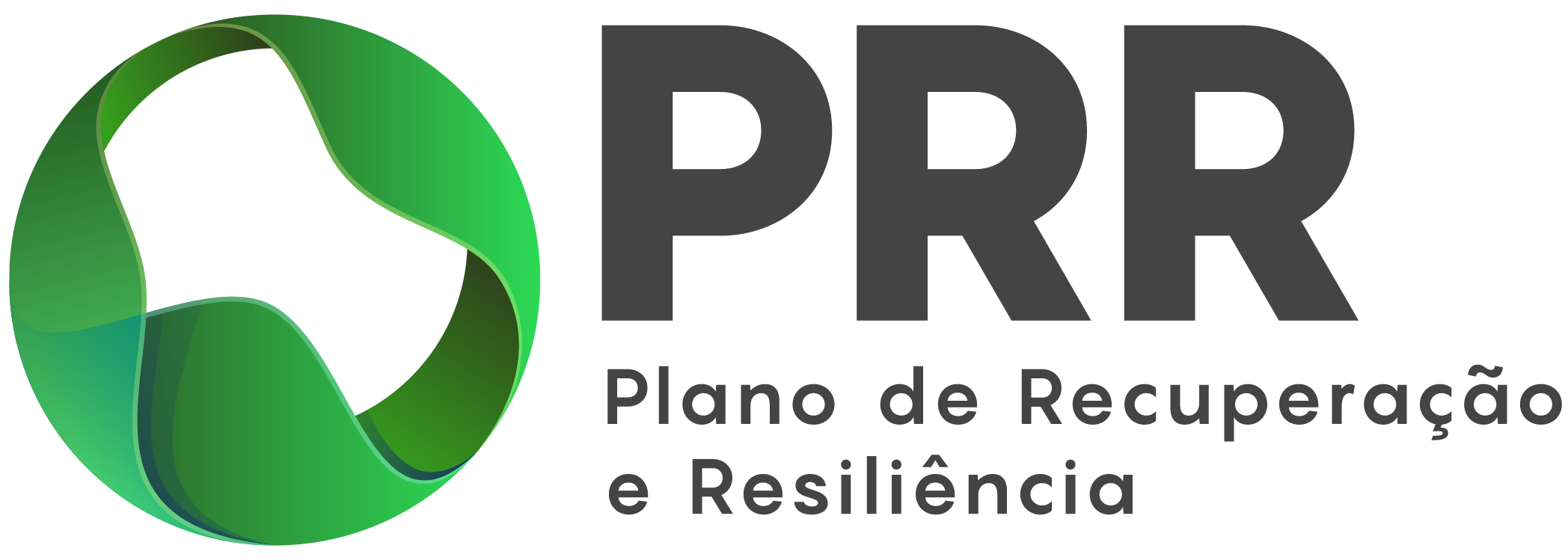Geographically located on the western coast of Europe, on the Iberian Peninsula, and with borders stabilized practically since the 13th century, continental Portugal is bordered to the north and east by Spain and to the west and south by the Atlantic Ocean, presenting a privileged geostrategic position between Europe, America, and Africa.
In addition to the mainland, Portuguese territory also includes the autonomous regions of the Azores and Madeira, two archipelagos located
in the Atlantic Ocean.
Population and Language
Portugal has a population of 10,7 million people (Statistics Portugal (INE), 2025). The active population in Portugal was 51% in 2024. In geographical terms, the Portuguese population is mostly concentrated along the coastal strip of the country, with an emphasis on the metropolitan areas of Lisbon and Oporto.
Portugal is following the trend of most developed economies, with the median age of the population reaching 47,3 years in 2024 (Statistics Portugal, 2025). However, the country has been experiencing consecutive population growth since 2019, with an effective growth rate of 1,03% in 2024 (Statistics Portugal, 2025), as a direct result of a positive migratory balance.
In fact, in recent years, Portugal has been experiencing a constant flow of immigrants of working age, including highly specialized human resources, attracted by the climate and quality of life that the country offers. In this context, Portugal presents itself as a country open to other cultures, having been the 4th country in the integration of minorities and the 8th in the integration of immigrants, according to the 2023 INSEAD Global Talent Competitiveness Index.
In 2024, the foreign population resident in Portugal reached 1,543,697 people, according to the Agency for Integration, Migration and Asylum (AIMA).
Considered one of the ten most relevant languages in the world, in terms of users, the Portuguese language is currently spoken by about 265 million people, according to the United Nations Educational, Scientific, and Cultural Organization (UNESCO), spread over almost all continents, denoting the importance of Portuguese at the global level, with a strong geographical projection (especially for the southern hemisphere), and with a forecast of increase, especially in the online section, where Portuguese stands as the 7th most used language (Statista).
In addition to the mainland, Portuguese territory also includes the autonomous regions of the Azores and Madeira, two archipelagos located
in the Atlantic Ocean.
Population and Language
Portugal has a population of 10,7 million people (Statistics Portugal (INE), 2025). The active population in Portugal was 51% in 2024. In geographical terms, the Portuguese population is mostly concentrated along the coastal strip of the country, with an emphasis on the metropolitan areas of Lisbon and Oporto.
Portugal is following the trend of most developed economies, with the median age of the population reaching 47,3 years in 2024 (Statistics Portugal, 2025). However, the country has been experiencing consecutive population growth since 2019, with an effective growth rate of 1,03% in 2024 (Statistics Portugal, 2025), as a direct result of a positive migratory balance.
In fact, in recent years, Portugal has been experiencing a constant flow of immigrants of working age, including highly specialized human resources, attracted by the climate and quality of life that the country offers. In this context, Portugal presents itself as a country open to other cultures, having been the 4th country in the integration of minorities and the 8th in the integration of immigrants, according to the 2023 INSEAD Global Talent Competitiveness Index.
In 2024, the foreign population resident in Portugal reached 1,543,697 people, according to the Agency for Integration, Migration and Asylum (AIMA).
Considered one of the ten most relevant languages in the world, in terms of users, the Portuguese language is currently spoken by about 265 million people, according to the United Nations Educational, Scientific, and Cultural Organization (UNESCO), spread over almost all continents, denoting the importance of Portuguese at the global level, with a strong geographical projection (especially for the southern hemisphere), and with a forecast of increase, especially in the online section, where Portuguese stands as the 7th most used language (Statista).




